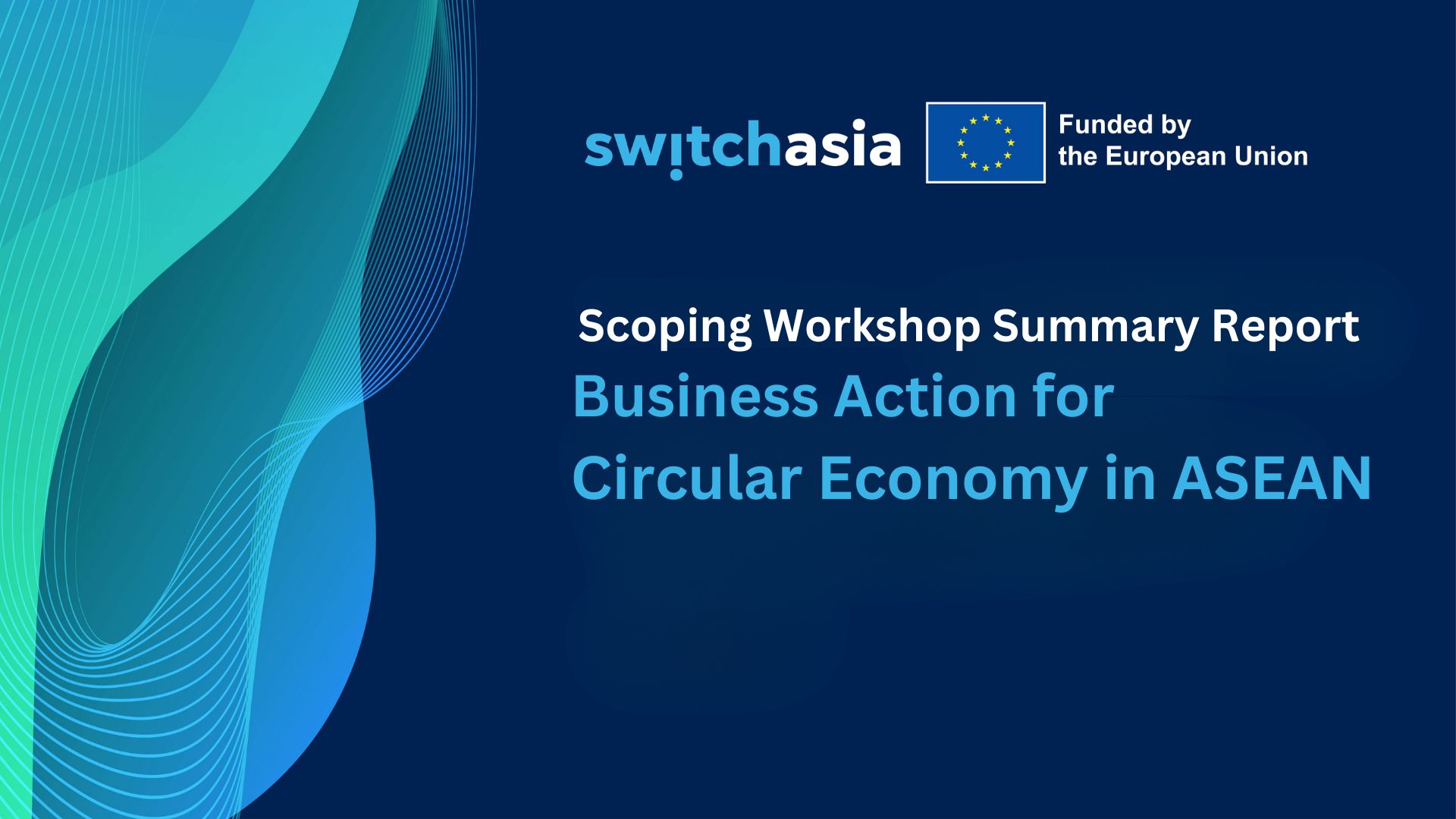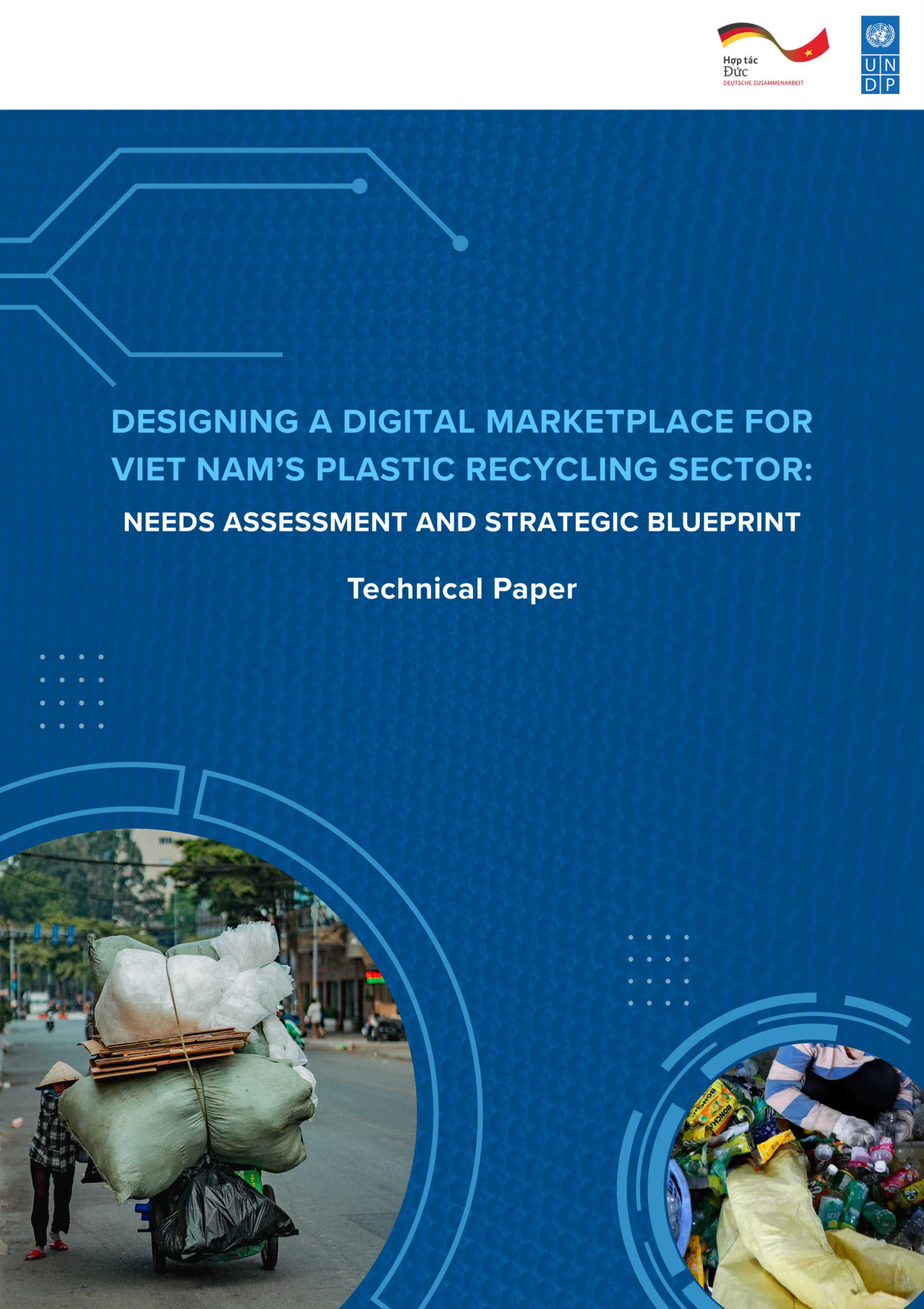Summary report to foster circular economy practices in ASEAN countries

The ASEAN Corporate Social Responsibility (CSR) Network, in collaboration with the EU SWITCH Asia Policy Support Component, initiated a workshop aimed at fostering consensus and action within the business sector on circular economy practices in ASEAN countries. The initial focus of this effort centered on Cambodia, Indonesia, the Philippines, Thailand, and Vietnam.
Workshop Details:
1. Objective Clarification: The workshop brought together a diverse group of experts and business representatives to achieve two key objectives:
- To provide clarity on the scope, opportunities, and relevance of circular economy practices for ASEAN Member States. The goal was to establish a unified understanding of the circular economy’s importance in ASEAN, as well as its business rationale.
- To identify elements of business commitment, potential individual and collective actions, accountability measures, advocacy strategies, and knowledge management initiatives necessary to facilitate the adoption of circular economy practices in ASEAN. The aim was to shape and formalize business actions geared toward promoting circular economy practices in the region.
2. Participants: The workshop drew a total of 66 participants, with 41 attendees on Day 1 and 25 attendees on Day 2. Participants included the SWITCH-Asia Team of Experts and invited business representatives from the five target countries.
3. Reflection of CE practices in Viet Nam
a. The challenges faced by entrepreneurs specifically policy barriers that hinder industrial symbiosis as element of the circular economy noting current regulations prohibiting for example the reuse of treated wastewater in production processes.
b. The development of sector-specific guidelines and standards has been slow due to a lack of knowledge and data. Additionally, regulatory barriers and complexity of value chains pose challenges to the adoption of circular economy practices.
c. Businesses face challenges such as a lack of incentives and funding. Policy support is needed that create incentives to encourage enterprises to adopt circular economy principles.
d. The discussion concluded with the need to address these challenges and align policies with the principles of a circular economy.
e. The need to consider renewable materials’ impact on nature and the environment in the shift towards circularity was also mentioned.
Download the report to read more information related to the project and other ASEAN countries’ situations as well.












